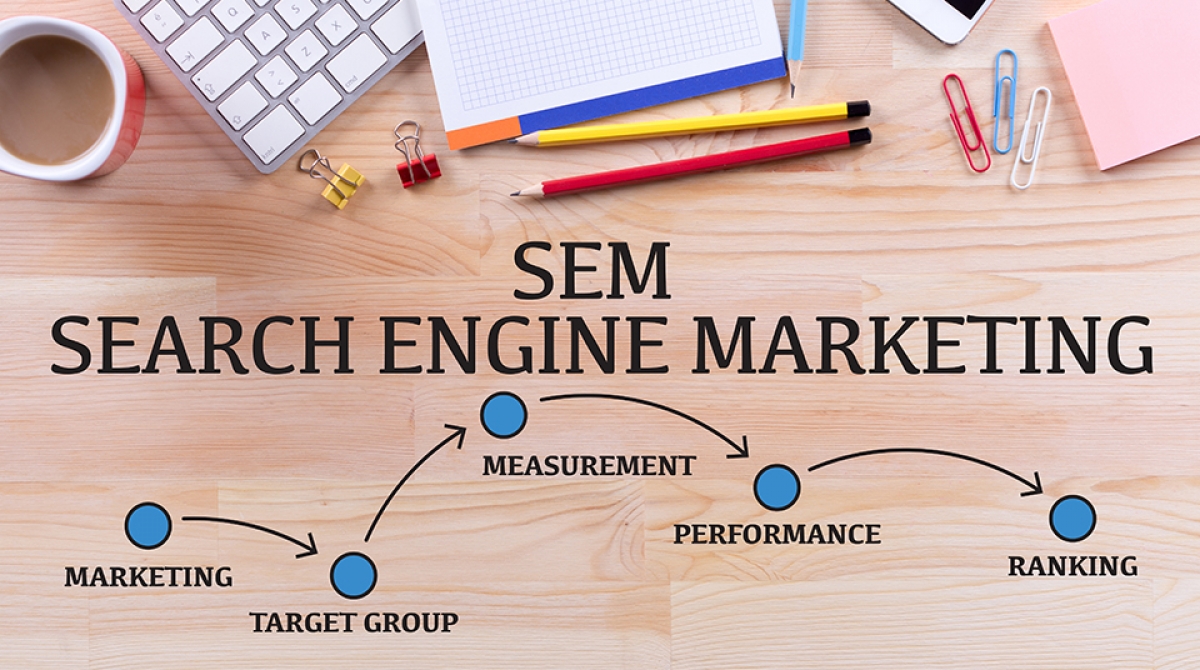Search engine marketing (SEM) has been around for decades, but what SEM is in marketing is just now becoming a more common question among business owners. Marketing is a broad term that encompasses various practices aimed at increasing customer awareness and demand, then increasing sales and profit. The Internet has made much of the marketing process more uncomplicated than ever before, which accounts for the increase in the popularity of SEM. One of the keys to success is to create an awareness of your brand or company through online activities. This can be done through traditional marketing efforts such as television commercials, print media, or the distribution of catalogs and newspapers, but all those efforts cost money.
Search engine optimization (SEO), on the other hand, can be performed for free or at a very minimal cost. Search engine optimization allows web sites to appear high on the SERPs - the listing on Google, Yahoo, and Bing - using specific keywords and key phrases in their content and links. Search engine marketing uses the same tools like SEO, but they are integrated into the coding of web pages not to have to do anything besides following a link. In short, this means that the web pages and their content have become digital billboards.
How does SEM in marketing differ from organic SEO?
Organic SEO relies mostly on natural ranking. For example, a site that offers information about "dud mountain ski resorts" would be listed higher on a search engine results page because the keywords match the content. However, SEM requires several factors to be considered to boost rankings: keyword research, content analysis, link building, and advertising. As you can see, SEM incorporates several strategies to achieve the best ranking possible.
One way that SEM can increase sales is through pay per click ads. The SEM marketer will pay search engines based on the number of times their ad shows up. Pay per click ads, thus, are the SEM's answer to printed posters and television ads.
An important strategy of SEM is called search engine optimization (SEO). It is the most vital SEM technique because it conducts the necessary link building, keyword research, and ad placement to raise a site's position on the SERPs. SEM is an all-encompassing internet marketing strategy because it provides a comprehensive online marketing solution to business websites and blogs. Besides, SEO is used to attract new customers.
Social media marketing, another important strategy of SEM, is a great way to reach a broader audience. SEM provides search engines with useful information about a business. For example, an SEM analyst using social media marketing can gauge a campaign's effectiveness by monitoring how many people "like" a specific page on Facebook. Therefore, a successful SEM strategy relies on a multitude of techniques, including search engine optimization, content marketing, and social media marketing, to deliver the highest


